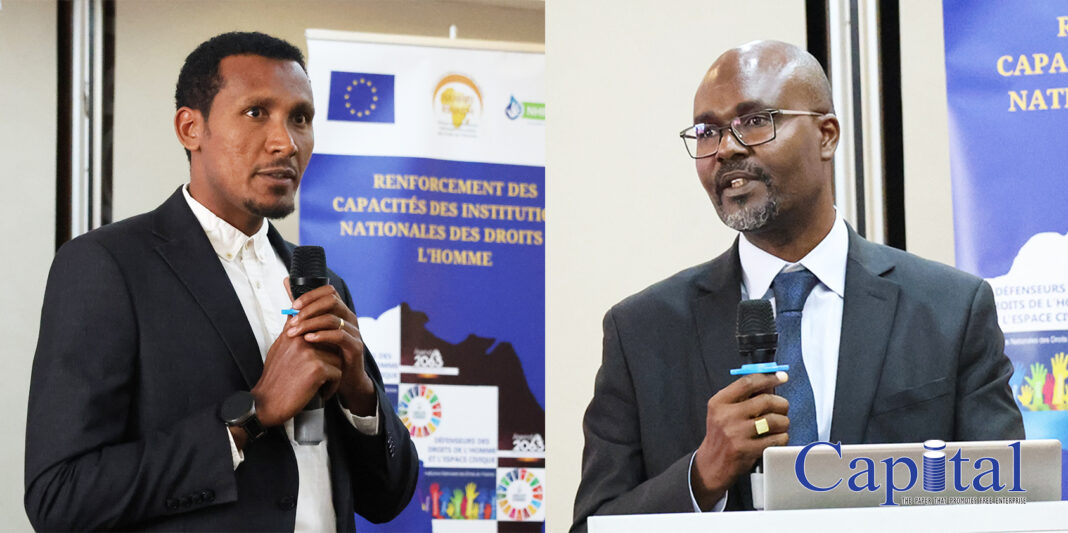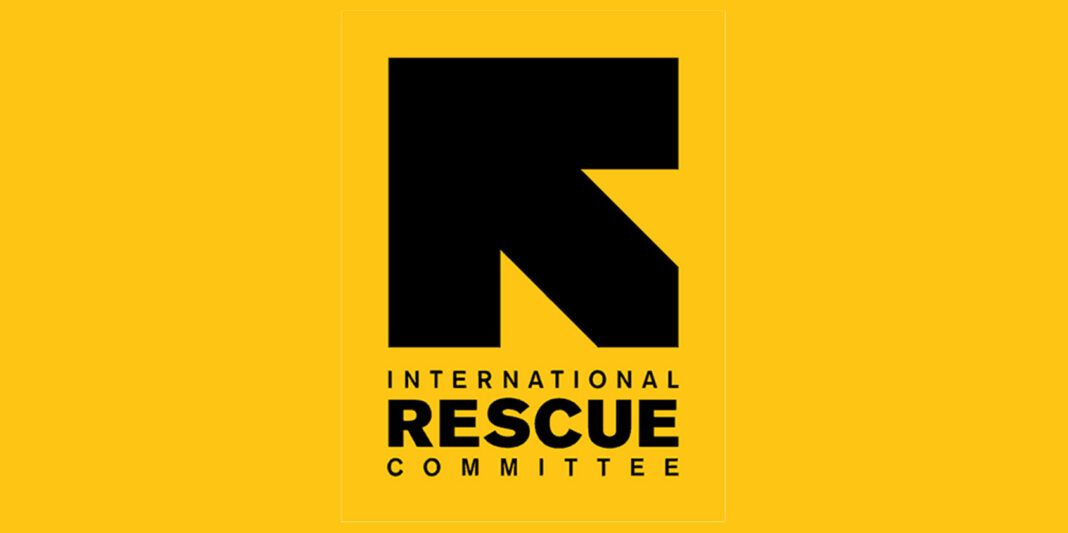By our staff reporter
The International Monetary Fund (IMF) states that a debt service moratorium can help maintain a stable budget deficit, and that Ethiopia’s faster-than-expected development would positively impact Djibouti’s economy. One key factor driving this strong economic growth is the expansion of the transshipment business.
During a visit to Djibouti from December 8 to 12, 2024, an IMF team led by Esther Pérez Ruiz discussed the country’s economic prospects in light of disruptions in the Red Sea, as well as important policy initiatives aimed at enhancing macroeconomic sustainability and policy credibility.
Pérez Ruiz noted that Djibouti’s sea-dependent economy has demonstrated resilience in the face of regional conflicts.
The head of the IMF team projected a robust growth rate of 6.5 percent for the fiscal year 2024, primarily driven by an increase in transshipments as maritime companies navigate the tensions in the Red Sea.
“Djibouti’s economic outlook faces several risks. Limited job creation or the recurrence of droughts could disproportionately impact the poor. However, stronger-than-expected growth in Ethiopia and a swift resolution of the Red Sea disruptions could improve Djibouti’s overall outlook,” she stated.
Inflation remains moderate, as authorities have stabilized energy and food prices to alleviate the effects of rising import costs.
For the 2024 fiscal year, the fiscal deficit is projected to stabilize at around 3.5 percent of GDP, as reduced interest payments from the debt service moratorium with a major creditor—lasting through 2028—offset weaker tax revenues and grants.
International reserves have been declining over the past two years, standing at just over three months of imports as of September 2023, which raises concerns given the substantial outstanding external obligations.
Pérez Ruiz expressed her appreciation for the authorities’ commitment to initiatives that promote macroeconomic sustainability and enhance the legitimacy of the policy framework.
These initiatives include expediting debt negotiations with key creditors, revising military base agreements, enhancing revenue mobilization by shifting from customs duties to inland revenues, and leveraging dividends from profitable state-owned enterprises.
“These efforts will also contribute to supporting the Central Bank’s independence from the fiscal authority under the currency board, thereby sustaining reserves, exchange rate stability, and controlling inflation,” she added.







